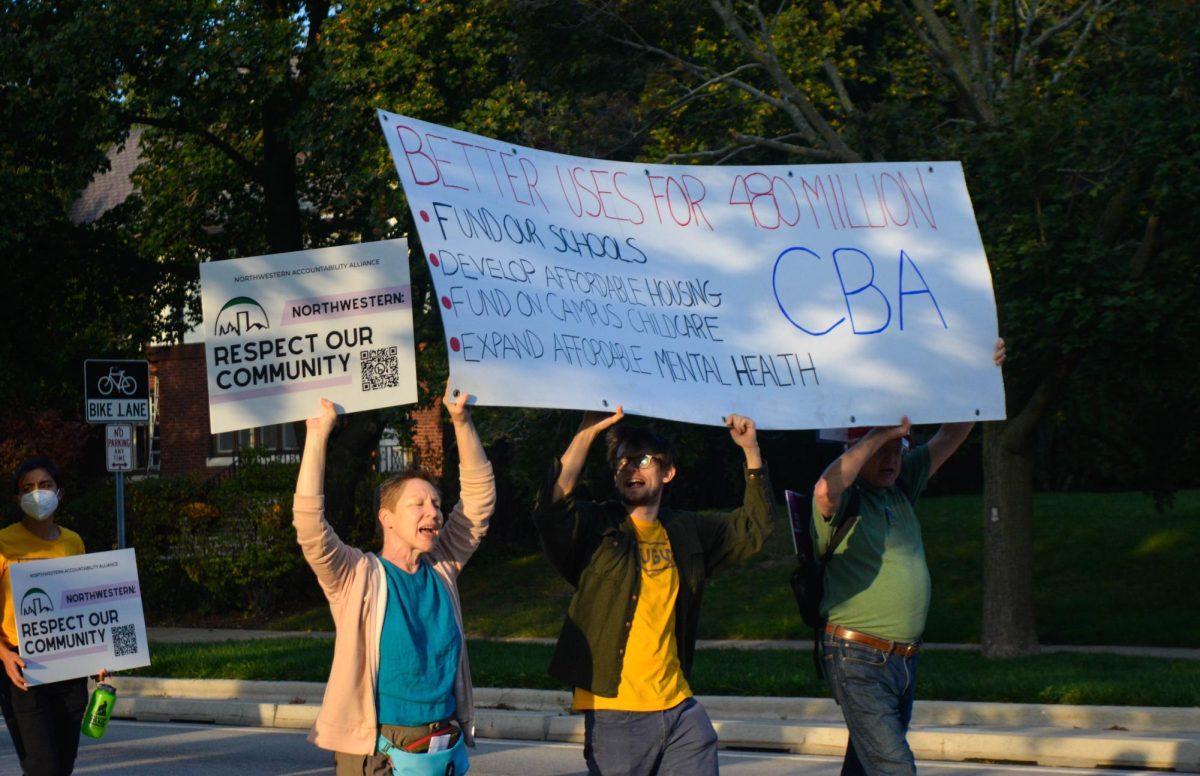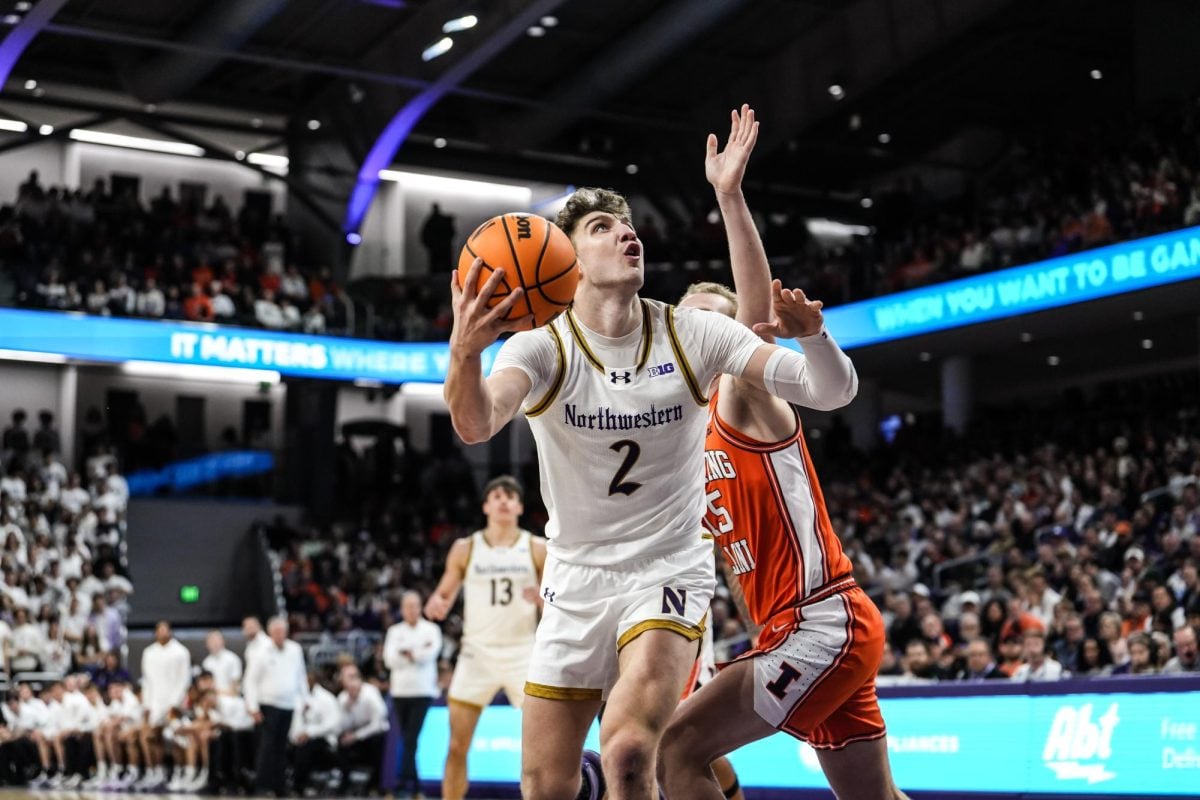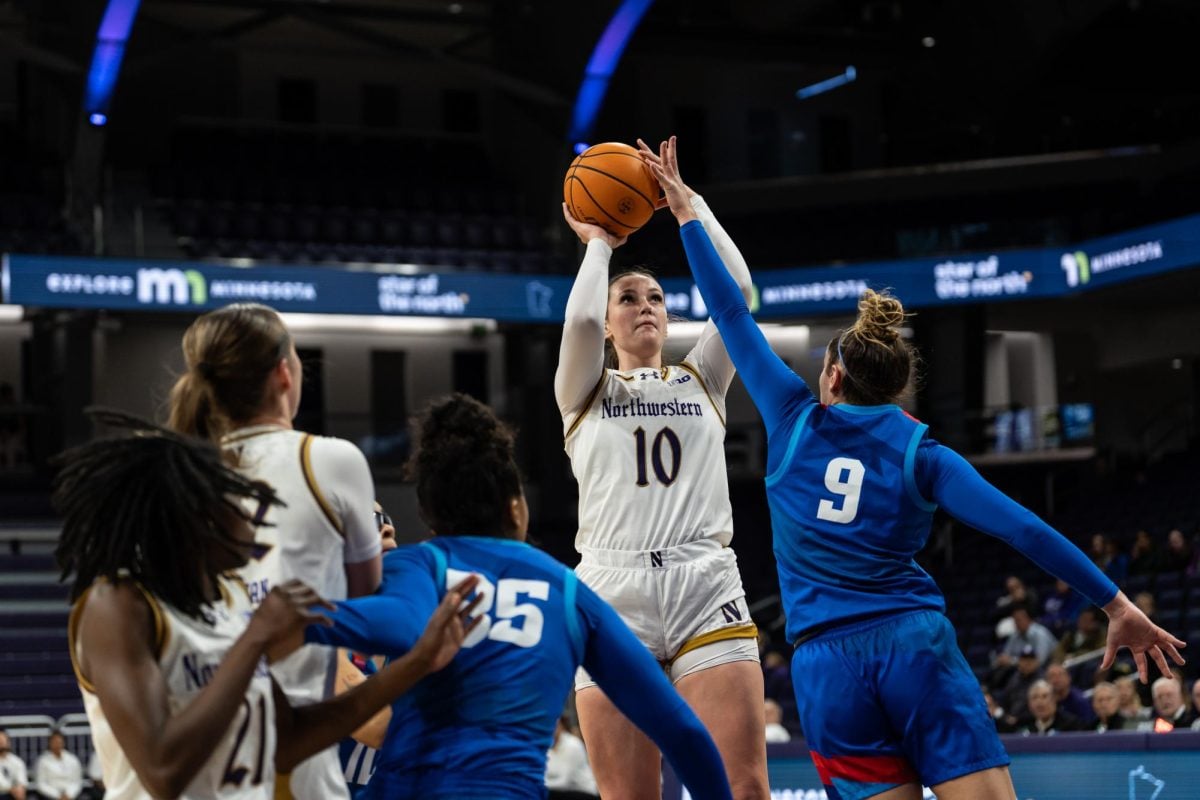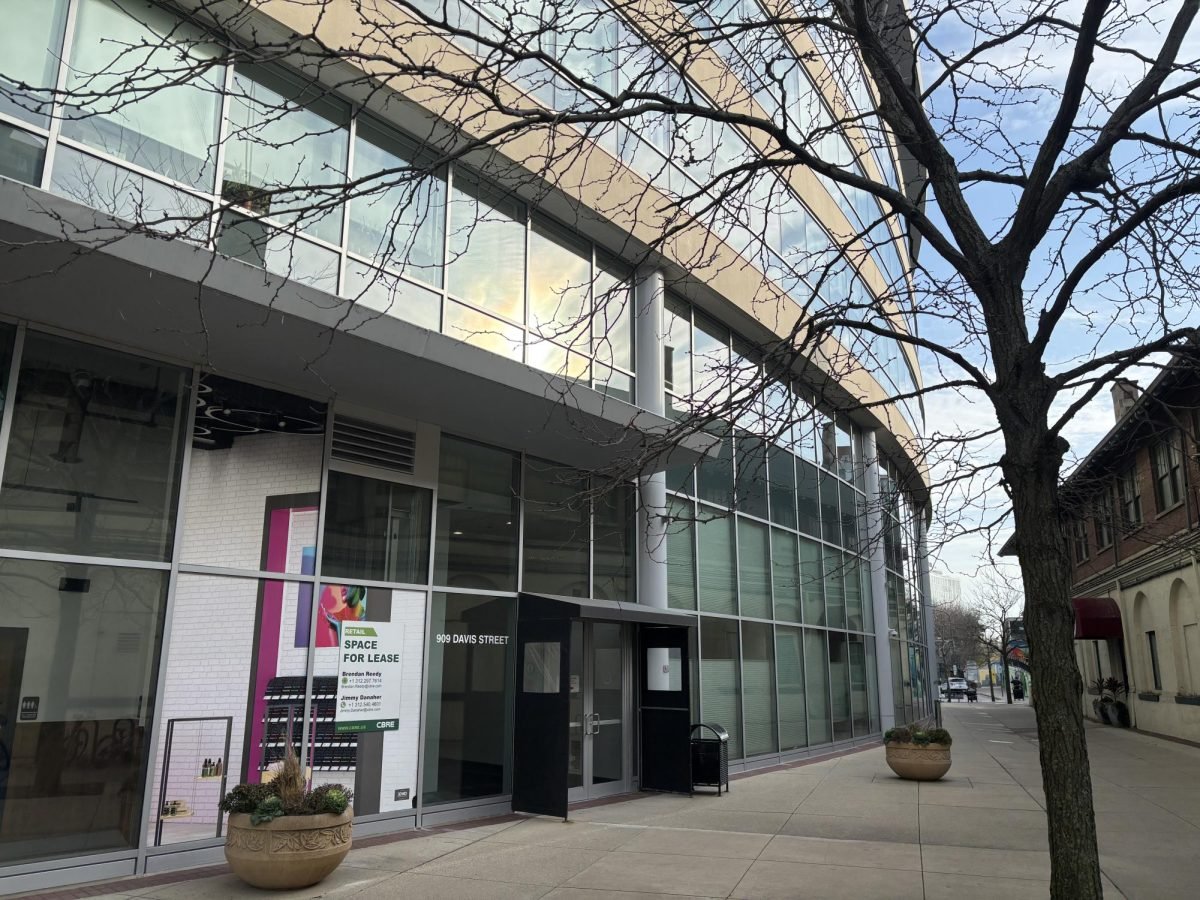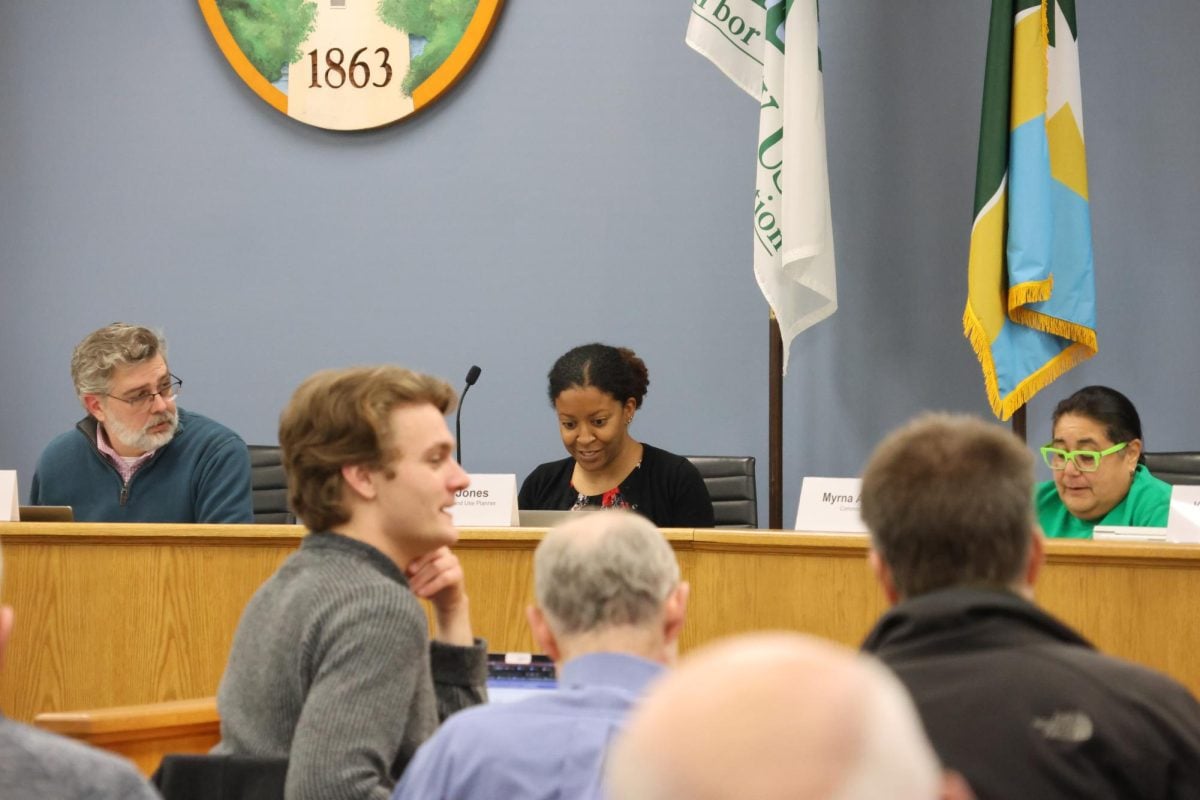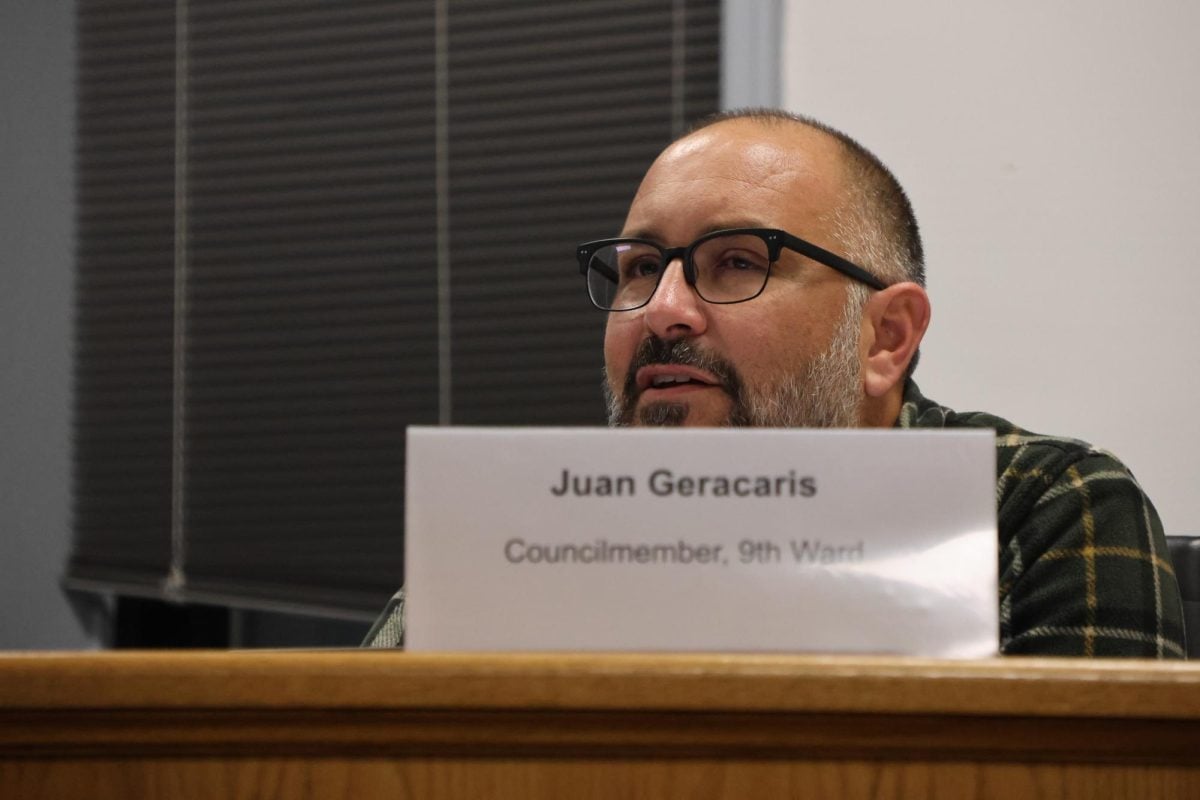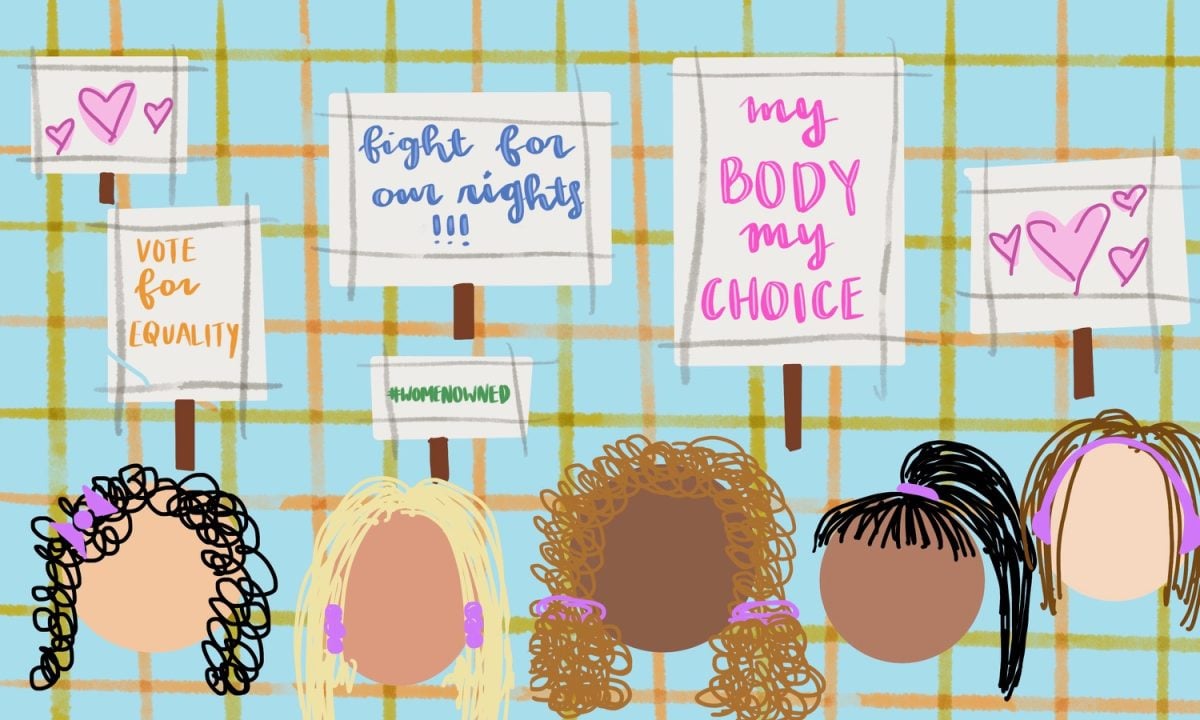In the waning hours before City Council’s Oct. 30 vote to introduce Northwestern’s Rebuild Ryan Field proposals, the University announced it had proposed a document many local activist groups had spent months calling for: a community benefits agreement.
NU announced the CBA — a legally enforceable contract between a party that wants to develop property and those impacted by the development — in a news release the afternoon of Oct. 30. The release touted the CBA’s $100 million price tag, which NU promises to allocate toward city initiatives to advance issues such as affordable housing, education and economic development over 10 years.
Mayor Daniel Biss broke a tie to advance a rezoning amendment that would allow the University to host six concerts each year at the new stadium during the Oct. 30 meeting. A few councilmembers and residents addressed the CBA at the meeting, but the agreement is expected to be a subject of discussion leading up to a likely-contentious final vote on Nov. 13.
The 12-page agreement, which the Evanston RoundTable obtained, offers details on who controls where the $100 million goes, whether it comes directly from NU and how legally enforceable the contract actually is.
What did NU agree to pay for?
The public benefits package is divided into two sections: one group of benefits that lasts for 10 years starting in 2024, and another that starts in 2027.
Starting in 2024, NU agreed to pay $3 million annually to the Good Neighbor Fund, an agreement established in 2015 between then-Mayor Elizabeth Tisdahl and then-University President Morton Schapiro to fund projects jointly agreed upon by the city and the University.
NU has already contributed $1 million each year to the fund until 2021, though the city has used residual Good Neighbor Fund money since then, according to the proposed Fiscal Year 2024 budget.
The agreement also contributes $500,000 annually to what NU considers “local workforce development programming” and “racial equity programming.” NU had already committed at least $500,000 annually to racial equity programming starting in 2020 through the Racial Equity & Community Partnership Grants program.
Finally, the University will commit $1 million in donations to local organizations and schools each year and provide $2 million in financial aid for Evanston high schoolers to attend NU. It also commits $250,000 to revitalizing downtown Evanston to make the area attractive to “Northwestern students and Evanston community members alike.”
For these three benefits, NU controls how it spends the money by choosing which nonprofits to support and what students to admit. The agreement does not go into detail on the downtown revitalization efforts but cites downtown cleaning services as an example of how the money could be spent.
The benefits that go into effect in 2027 include $250,000 for NU to collaborate with the city to host a “signature event” at Ryan Field annually.
Where does the money come from?
Additionally, the 10-year period starting in 2027 includes benefits that will ultimately be paid for by concertgoers and taxpayers.
NU will implement a $3-per-ticket surcharge at concerts to fund Evanston’s two public school districts. NU guarantees $500,000 annually to Evanston/Skokie School District 65 and Evanston Township High School District 202 from the surcharge.
It also says the city will receive $2 million annually in tax revenues from events held at Ryan Field.
Though the funds aren’t paid for directly by NU, the city and the school districts will have full discretion on how to spend these two benefits.
The memorandum also notes that the $500,000 for local workforce development is supported not by the University but by a gift from the Ryan Family — the same benefactors that are paying for the bulk of the stadium rebuild.
NU spokesperson Hilary Hurd Anyaso said last week that “University resources” will fund the rest of the benefits.
Is the contract binding?
The document clarifies that all public benefits that NU outlines are “voluntary payments to the City and other City stakeholder organizations.”
“The parties acknowledge that Northwestern is tax-exempt and any such voluntary payments shall not impact Northwestern’s tax-exempt status or be considered a tax, tariff or duty or a payment in lieu thereof,” the memorandum reads.
The $2 million in tax revenue gives NU particular leeway. The contract says the tax revenues will be “subject to reduction” if concerts are “negatively impacted (including reducing the number of Concerts or other events, making Concerts or other events more expensive or less bookable, attractive or attended, etc.)” by city actions.
There’s no stipulation in the agreement requiring the University continue the payments after 2036 — 10 years after the set of benefits that would start in 2027 run out. But the document says the city cannot revoke the ordinance to rezone the area around the stadium to allow public-facing concerts without the University’s consent.
What’s next?
The city will host a community meeting about the CBA this Thursday at 6:30 p.m. at the Robert Crown Community Center.
The two separate proposals — to rebuild the stadium and to rezone it to allow public-facing concerts — will be on the agenda at the Nov. 13 City Council meeting.
Clarification: This article has been updated to clarify that NU has proposed a community benefits agreement, but has not executed it yet.
Email: [email protected]
Twitter: @saullpink
Related Stories:
— City Council, residents respond to Northwestern community benefits agreement
— NU proposes $100 million community benefits agreement amid Ryan Field talks
— The Daily Explains: What is a Community Benefits Agreement?
